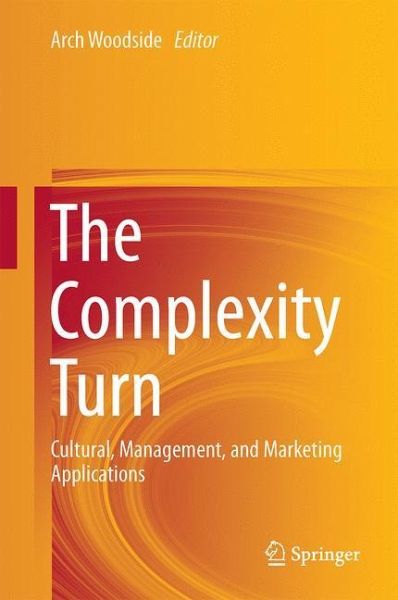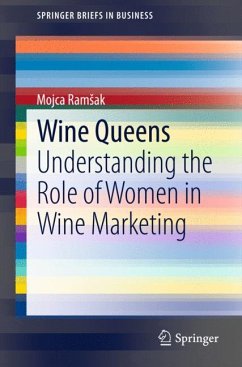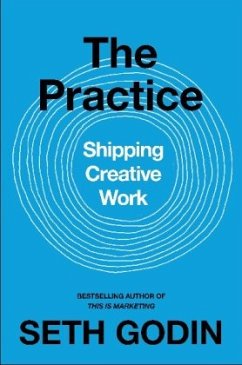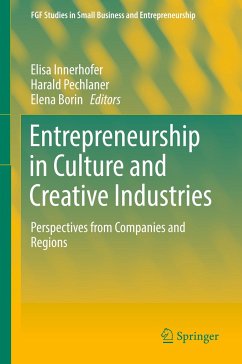
The Complexity Turn
Cultural, Management, and Marketing Applications
Herausgegeben: Woodside, Arch G.

PAYBACK Punkte
49 °P sammeln!
This book takes the reader beyond net effects and main and interaction effects thinking and methods. Complexity theory includes the tenet that recipes are more important than ingredients-any one antecedent (X) condition is insufficient for a consistent outcome (Y) (e.g., success or failure) even though the presence of certain antecedents may be necessary. A second tenet: modeling contrarian cases is useful because a high or low score for any given antecedent condition (X) associates with a high Y, low Y, and is irrelevant for high/low Y in some recipes in the same data set. Third tenet: equifi...
This book takes the reader beyond net effects and main and interaction effects thinking and methods. Complexity theory includes the tenet that recipes are more important than ingredients-any one antecedent (X) condition is insufficient for a consistent outcome (Y) (e.g., success or failure) even though the presence of certain antecedents may be necessary. A second tenet: modeling contrarian cases is useful because a high or low score for any given antecedent condition (X) associates with a high Y, low Y, and is irrelevant for high/low Y in some recipes in the same data set. Third tenet: equifinality happens-several recipes indicate high/low outcomes.












